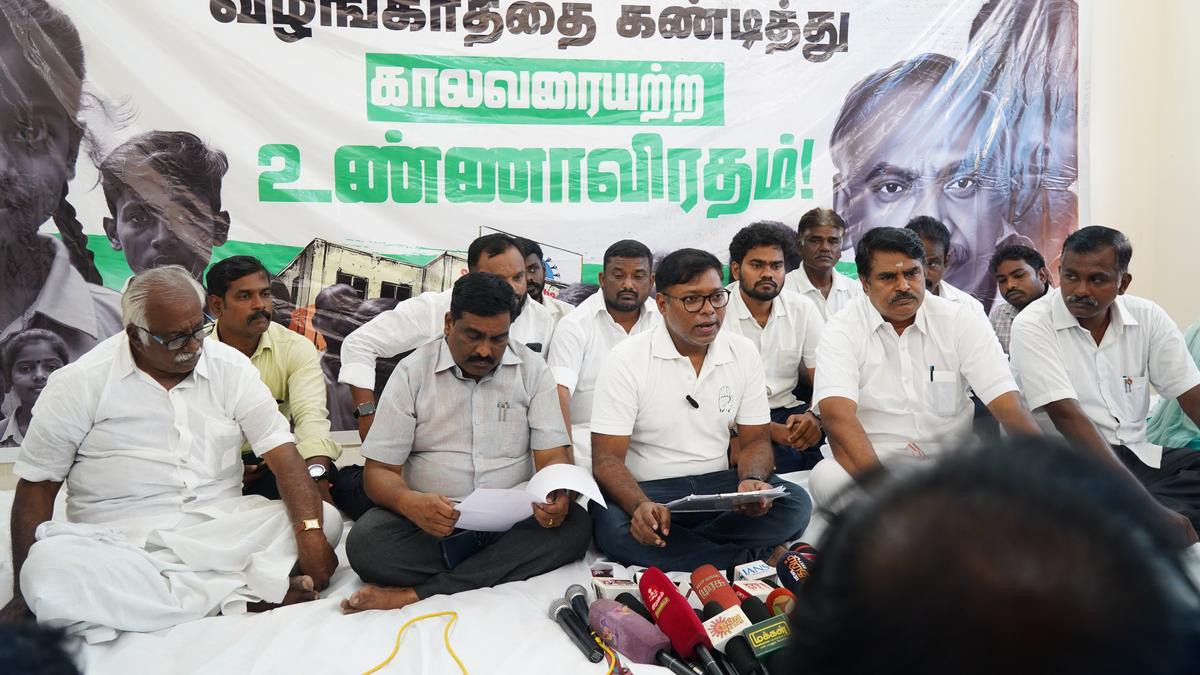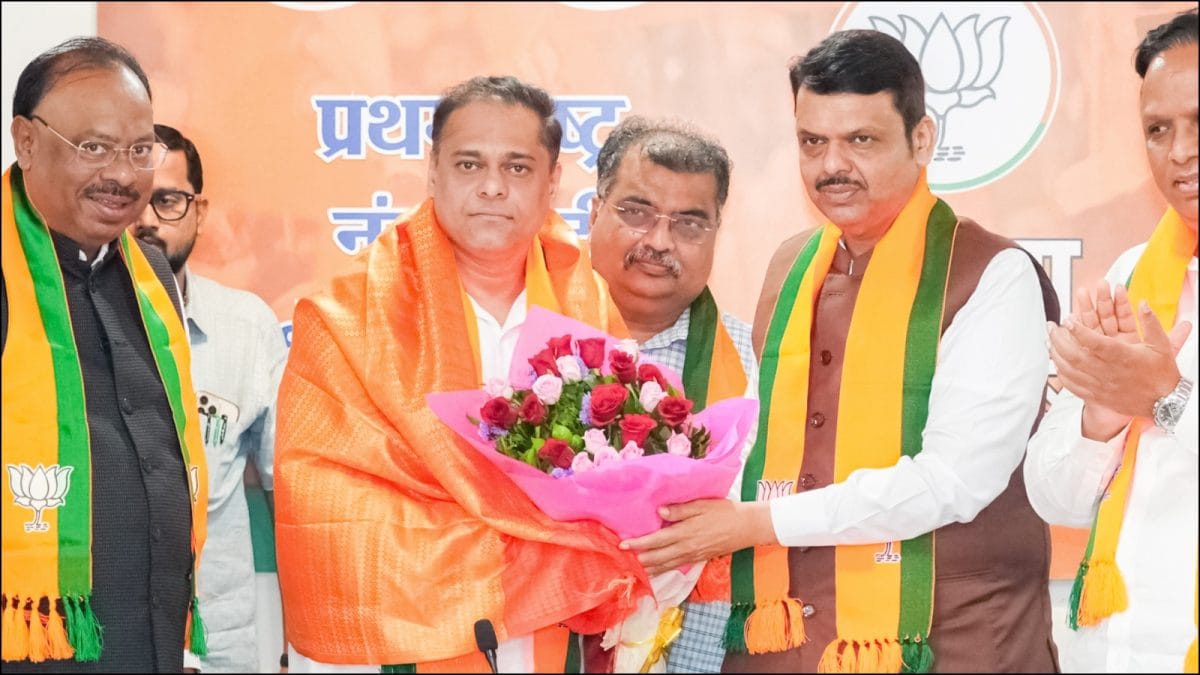The Supreme Court decided to step in after Tamil Nadu complained on Monday (September 1, 2025) about having to bear over ₹3,000 crore in reimbursements to private schools for admissions to economically disadvantaged students under the Right to Education (RTE) Act, after the Centre refused to part with its share under the Samagra Shiksha scheme.
A Bench headed by Justice Vikram Nath issued formal notice to the Centre on an appeal by the State against a Madras High Court decision of June 10, which delinked the reimbursements under the RTE Act from the Centre’s financial obligations to Tamil Nadu under the scheme. The 2009 Act requires private school managements to admit children from economically disadvantaged backgrounds to the extent of 25% of their strength in entry level classes free of charge. The State is obliged to reimburse the schools.

The Centre had argued in the High Court that “there are issues regarding disbursement of funds” under the Samagra Shiksha scheme as Tamil Nadu had refused to implement the National Education Policy 2020 (NEP 2020). The State had raised doubts about the three-language policy of NEP 2020 with a premium on Hindi, viewing it as a challenge to regional linguistic diversity.
Appearing for Tamil Nadu, senior advocate P. Wilson submitted that the Centre and State had concurrent responsibility to fund the education of poor and disadvantaged children under Section 7 of the RTE Act, 2009.
“The Madras High Court erred in ruling that only the State is primarily responsible for these expenditures. The Madras High Court had directed the State to bear the entire financial responsibility for the 2025-2026 academic year. It should have also directed the Central government to contribute,” Mr. Wilson argued.
He said that the Centre’s insistence on linking fund disbursement under Samagra Shiksha scheme to compliance with NEP guidelines was arbitrary. The Bench ordered the Centre to respond to the State’s petition in four weeks.
“It is common knowledge that the Central government has been propagating its political agendas through the Samagra Shiksha scheme. A disagreement in political ideology cannot become an obstacle for a State government from implementing the provisions of the Samagra Shiksha scheme and the RTE Act. Unless both the Central and the State governments work in unison, the provisions of the RTE Act and Samagra Shiksha Scheme cannot be implemented in their full spirit,” the Tamil Nadu petition said.

Tamil Nadu argued that the fundamental right to education cannot be implemented at the discretion of the Centre. Access to education was a part of the fundamental right to life. Denying primary education to poor children by non-disbursement of funds was a violence committed on their rights, the State contended.
The State said its share towards reimbursement for the admissions under the RTE Act was only 28.81% of the total amount approved by the Centre’s Project Approval Board.
“Due to the non-disbursal of funds by the Centre, the State has to bear the entire burden, placing it in an acute financial position which would further result into an inconsistent implementation of the provisions of the RTE Act, 2009,” Mr. Wilson submitted.



.png)
.png)
.png)
















 2 hours ago
2
2 hours ago
2









 English (US) ·
English (US) ·